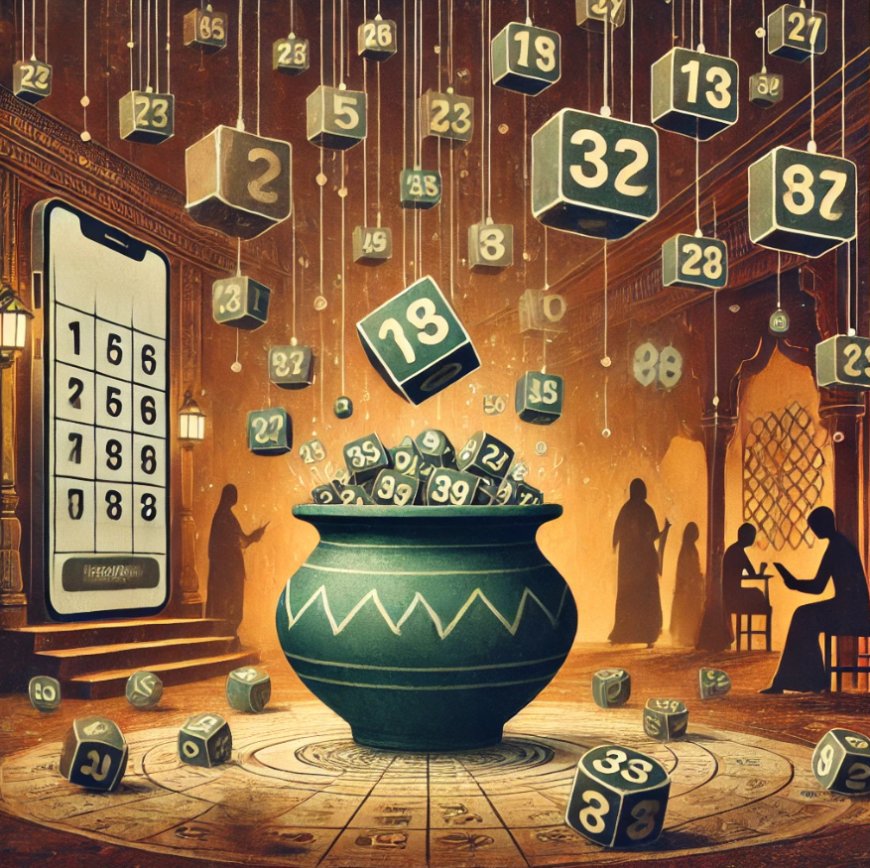Satta Matta Matka
Discover the origins, workings, and risks of Satta Matka, a traditional Indian betting game now adapted into modern online formats.

Satta Matka (commonly referred to as "Satta Matta Matka") is a type of gambling or lottery game that originated in India. It involves betting on numbers and is often considered a form of speculative entertainment. Here's an overview:
Origins and Meaning
- Satta: Means "betting" or "gambling" in Hindi.
- Matka: Refers to an earthen pot. Historically, numbers were drawn from such pots, hence the name.
How It Works
- Number Selection: Players choose a set of numbers from a predefined range.
- Betting: Bets are placed on the chosen numbers.
- Result Announcement: A random number is drawn, and winners are decided based on their match with the drawn number.
Types of Bets
- Single: Betting on a single number.
- Jodi/Pair: Betting on a pair of numbers.
- Patti: Betting on a three-digit result.
- Other Variations: Includes combinations and more complex formats.
Popularity and Legal Status
- Satta Matka gained popularity in the 1960s, especially in Mumbai, with individuals betting on the opening and closing rates of cotton transmitted to the Bombay Cotton Exchange.
- Over time, it evolved into a full-fledged betting game involving random numbers.
- Legal Status: Satta Matka is illegal in India. However, many underground networks operate the game, and digital versions have emerged online.
Risks
- Financial Loss: High chances of losing money.
- Addiction: Can lead to gambling addiction.
- Legal Issues: Since it's illegal, participants risk legal consequences.
Modern Context
Today, the term "Satta Matka" is often associated with online betting platforms, though these might also be unauthorized and risky. It’s crucial to approach such activities cautiously and consider their implications.
What's Your Reaction?

























































